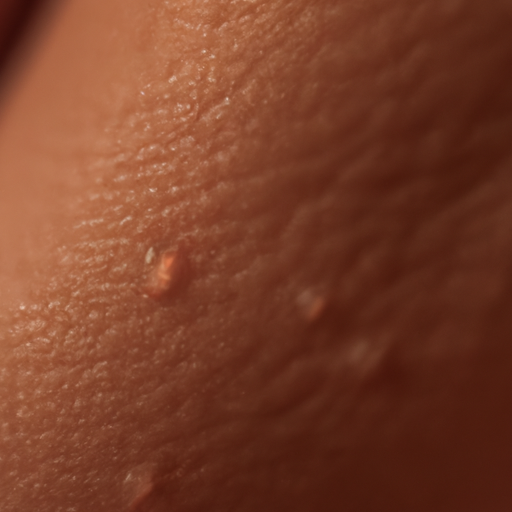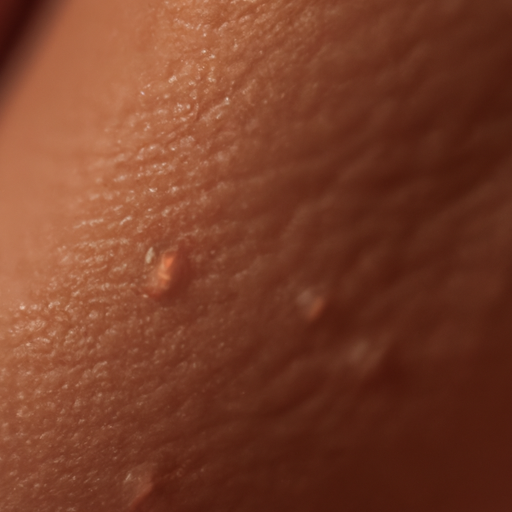Oily skin can be a frustrating issue to deal with. The excess oil can lead to a shiny complexion, clogged pores, and frequent breakouts. However, with the right skincare routine and products, you can effectively manage oily skin and achieve a balanced, radiant complexion. Here is your ultimate guide to tackling oily skin.
Firstly, understanding the cause of oily skin is crucial. The sebaceous glands in our skin produce a natural oil called sebum, which helps protect and hydrate the skin. However, when these glands overproduce sebum, it can lead to oily skin. Factors such as genetics, hormonal changes, stress, and environmental conditions can trigger this overproduction.
The first step in managing oily skin is cleansing. It’s essential to cleanse your face twice a day – in the morning and at night. Over-cleansing can strip your skin of its natural oils, causing your sebaceous glands to produce even more oil. Use a gentle, oil-free cleanser that will remove dirt and excess oil without drying out your skin.
Exfoliation is another key step in your skincare routine. It helps remove dead skin cells that can clog pores and lead to breakouts. However, avoid harsh scrubs as they can irritate your skin and increase oil production. Instead, opt for a gentle exfoliator with salicylic acid or alpha-hydroxy acids (AHAs), which are known for their ability to penetrate oil and unclog pores.
Moisturizing is a step that people with oily skin often skip, thinking it will make their skin oilier. However, when your skin is dehydrated, it compensates by producing more oil. Therefore, it’s essential to keep your skin hydrated with an oil-free or non-comedogenic moisturizer that won’t clog your pores.
In addition to these steps, incorporating a clay mask into your routine can also help manage oily skin. Clay masks are known for their ability to absorb excess oil and detoxify the skin. Use a clay mask once or twice a week for best results.
Diet also plays a significant role in managing oily skin. Consuming foods high in sugars and fats can stimulate oil production. Instead, opt for a balanced diet rich in fruits, vegetables, lean proteins, and whole grains.
Lastly, it’s crucial to protect your skin from the sun. Sun exposure can trigger oil production and lead to other skin issues like premature aging and skin cancer. Therefore, always apply a broad-spectrum sunscreen with an SPF of at least 30 every day.
In conclusion, managing oily skin requires a consistent skincare routine that includes gentle cleansing, regular exfoliation, adequate hydration, and sun protection. Incorporating a healthy diet and lifestyle habits can also significantly improve your skin’s health. Remember, everyone’s skin is different, so it may take some trial and error to find what works best for you. However, with patience and consistency, you can effectively banish the shine and achieve a balanced, radiant complexion.




